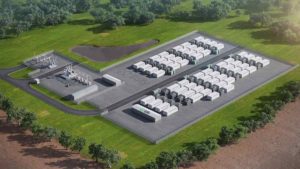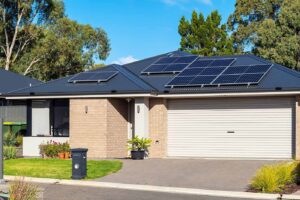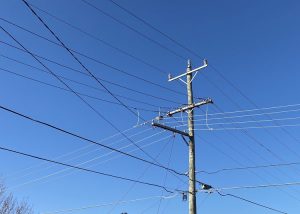German energy giant Innogy has finalised plans to build two solar farms in Canada that will be built without subsidies, highlighting once again the tremendous potential and growth of the global solar industry over the last few years.
It was not that long ago that most every renewable energy project that reached active development and construction did so only with the support of government subsidies.
This is a natural development pattern which many technological industries have benefited from over the last hundred years and more, including everything from transport to the fossil fuel industry (which remains heavily subsidised today around the world).
Opponents of renewable energy technologies (and really, any technology that benefits from government subsidies) will often hold these subsidies up as proof that the technology cannot compete on its own – conveniently forgetting that their own preferred technology likely benefited from the same government support.
Which makes the speed with which renewable energy technologies have progressed out of needing government subsidisation even more impressive. Clean energy technologies such as wind and solar are being built across the world without government subsidies, revealing a fast-tracked decline in technology costs and a need to stand apart from support in the face of intense opposition.
This has been highlighted once again on Monday, this time in Canada, where Innogy, the renewable energy offshoot of utility giant RWE, announced that it had taken the Final Investment Decision (FID) to build two solar farms with a combined capacity of 57 MW (at peak).
Innogy expects construction and commissioning to both be accomplished by year’s end and investment is expected to be in the mid-double-digit euro range, according to the company’s press release.
“After last month’s announcement that we build our Spanish solar project Alarcos without state subsidies, we are continuing on this path with our two new Canadian projects,” said Hans Bünting, Chief Operating Officer Renewables of innogy SE.
“This underlines that solar energy is already competitive in several markets. Decreasing prices for equipment will further drive this development.”
Innogy announced in the middle of January that it had decided to proceed with the development of the 50 MW Alarcos solar project in Spain, which will also be built and commissioned this year – without government subsidies.
The new Canadian solar projects – the 30 MW Hull and the 27 MW Vauxhall – were developed by local Solar Krafte Utilities, who transferred the project rights to innogy in February, and will be built in Southern Alberta, close to the town of Vauxhall, with construction expected to begin in the second quarter.
“Our first two projects in Canada are a perfect fit with our strategy to deliver utility-scale solar projects in promising markets, like North America, with high irradiance and a strong commitment to renewable energy,” added Thorsten Blanke, Head of Solar at innogy SE.
“And this is only the beginning. In 2017 we joined forces with Solar Krafte and they are the perfect partner to build up a substantial solar portfolio in Canada. Together, we aim to develop solar projects with a total capacity of up to 1,000 MWp.







